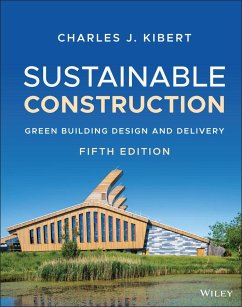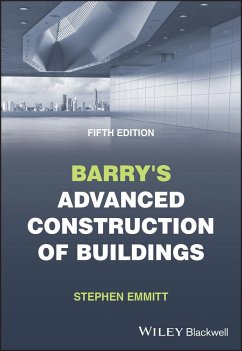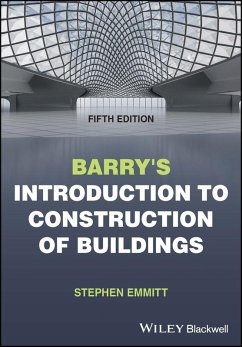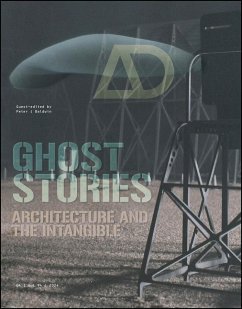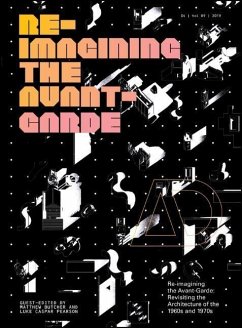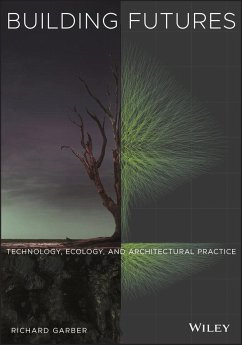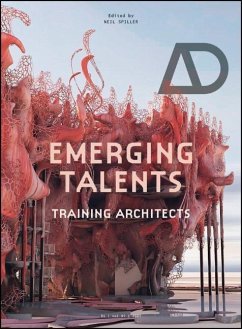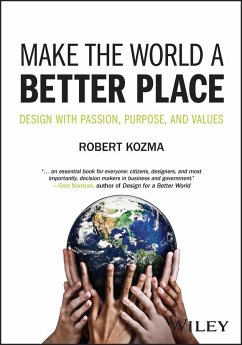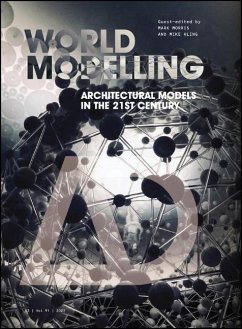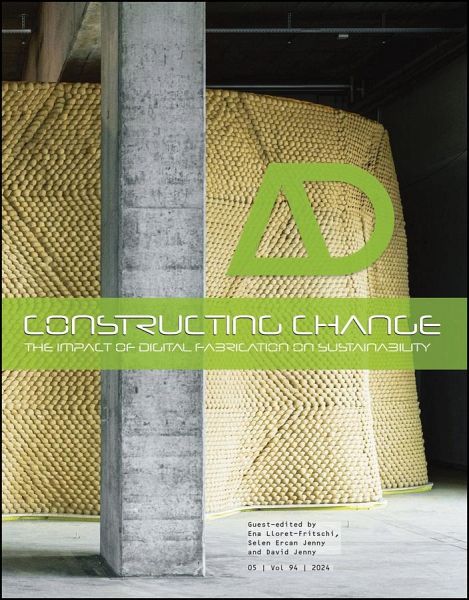
Constructing Change: The Impact of Digital Fabrication on Sustainability

PAYBACK Punkte
22 °P sammeln!
Every year, nearly 100 billion tonnes of raw material globally is extracted from the earth - approximately half of it for construction purposes. The construction industry is responsible for an estimated third of global waste, while reuse of construction materials is not increasing fast enough. The same sector accounts for at least 40 per cent of global carbon-dioxide emissions. There is thus an urgent need to showcase how novel approaches in digital fabrication might be able to enhance thesustainability of buildings and transform construction. Featuring specialists from architecture, engineeri...
Every year, nearly 100 billion tonnes of raw material globally is extracted from the earth - approximately half of it for construction purposes. The construction industry is responsible for an estimated third of global waste, while reuse of construction materials is not increasing fast enough. The same sector accounts for at least 40 per cent of global carbon-dioxide emissions. There is thus an urgent need to showcase how novel approaches in digital fabrication might be able to enhance thesustainability of buildings and transform construction. Featuring specialists from architecture, engineering and materials science, this AD presents innovative research and new construction systems, approaches and trends to demonstrate how existing methods and unique concepts that utilise cutting-edge technologies can, in a short space of time, help us advance towards a culture of sustainable construction. It focuses on digital design and manufacturing, including XR technologies, and highlights unique ways to build with earth or concrete. Contributors: Fabio Amicarelli; Ana Anton and Benjamin Dillenburger; Tobias Bonwetsch and Tobias Huber; Mario Carpo; Sasha Cisar; Jelle Feringa; Corentin Fivet; Abel Gawel; Fabio Gramazio and Matthias Kohler; Norman Hack; Silke Langenberg, Sarah M Schlachetzki and Robin Rehm; Daniela Mitterberger and Kathrin Dörfler; Romana Rust and Inés Ariza; and Timothy Wangler, Yamini Patankar and Robert J Flatt Featured architects: Terrestrial and Rematter AG




